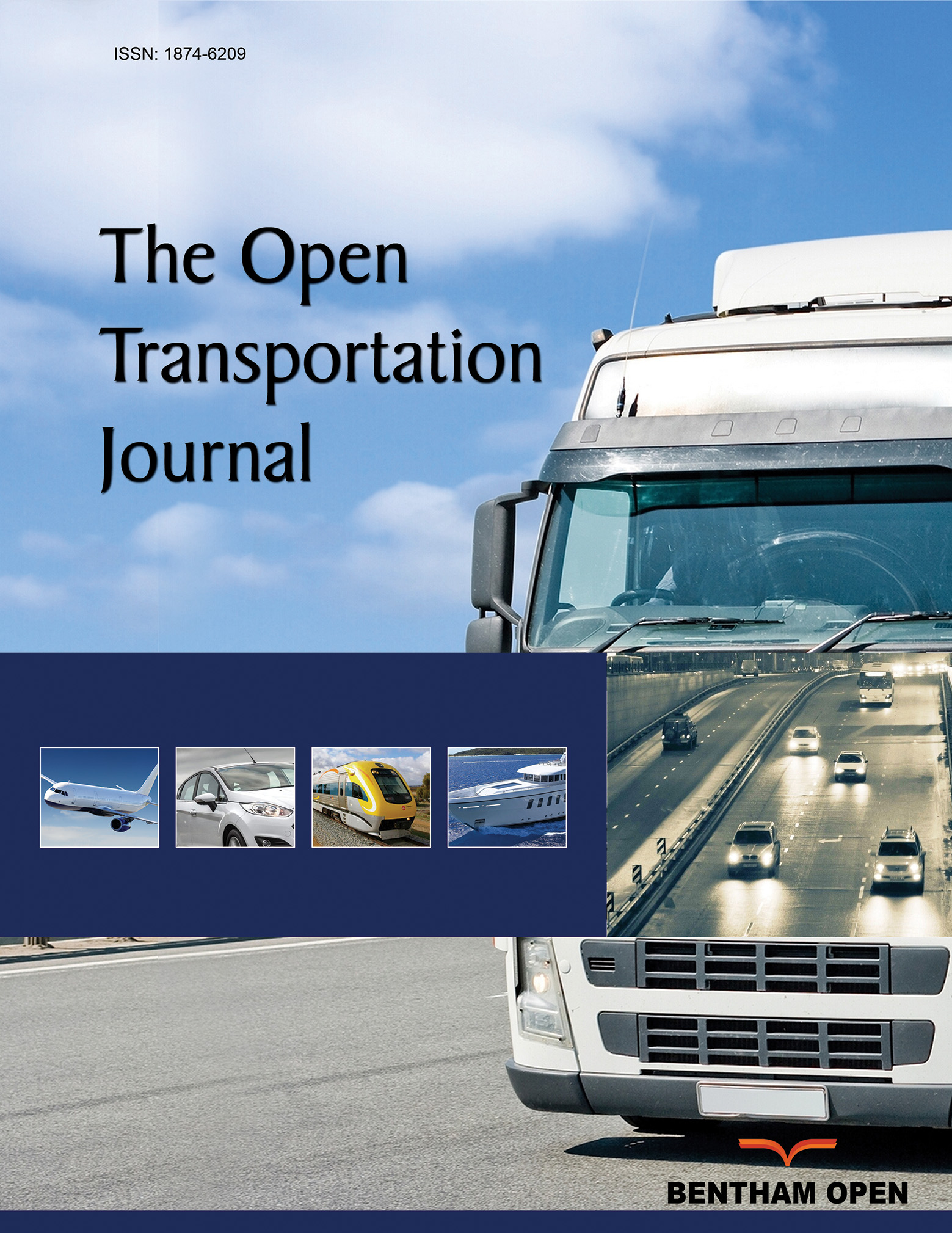All published articles of this journal are available on ScienceDirect.
Conjoint Vehicle License Plate Identification System
Abstract
Background:
An autonomous vehicle will go unaccompanied to park itself in a remote parking lot without a driver or a passenger inside. Unlike traditional vehicles, an autonomous vehicle can drop passengers off near any location. Afterward, instead of cruising for a nearby free parking, the vehicle can be automatically parked in a remote parking lot which can be in a rural fringe of the city where inexpensive land is more readily available.
Objective:
The study aimed at avoidance of mistakes in the identification of the vehicle with the help of the automatic identification device.
Methods:
It is proposed to back up license plate identification procedure by making use of three distinct identification techniques: RFID, Bluetooth and OCR with the aim of considerably reducing identification mistakes.
Results:
The RFID is the most reliable identification device but the Bluetooth and the OCR can improve the reliability of RFID.
Conclusion:
A very high level of reliable vehicle identification device is achievable. Parking lots for autonomous vehicles can be very efficient and low-priced. The critical difficulty is to automatically make sure that the autonomous vehicle is correctly identified at the gate.


